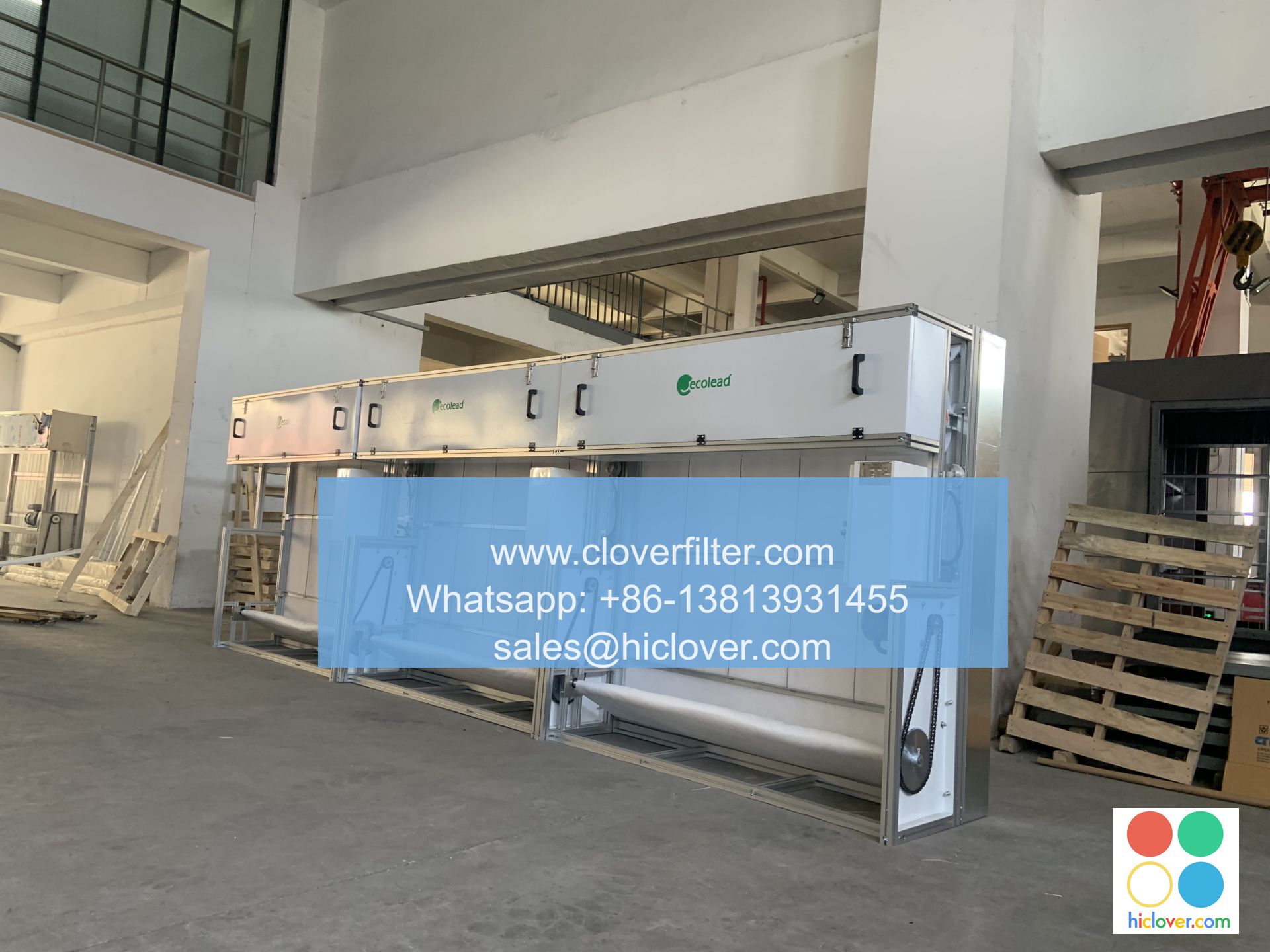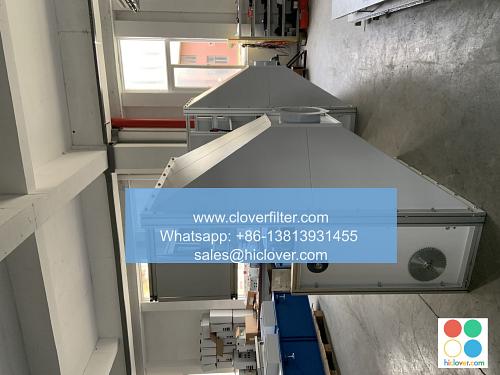Air Filter Ecosystems: A Key Component of Sustainable Buildings

As the world shifts towards a more sustainable and eco-friendly approach to construction, air filter ecosystems have emerged as a crucial component of green buildings. By integrating indoor air quality (IAQ) management systems, heating, ventilation, and air conditioning (HVAC) systems, and air purification technologies, air filter ecosystems play a vital role in maintaining a healthy and energy-efficient built environment.
Introduction to Air Filter Ecosystems
Air filter ecosystems refer to the complex network of air filtration systems, ventilation systems, and air quality monitoring systems that work together to provide a sustainable and healthy indoor environment. These ecosystems are designed to reduce energy consumption, minimize greenhouse gas emissions, and promote occupant health and well-being. By leveraging advanced air filtration technologies, such as HEPA filters, activated carbon filters, and UV-C light disinfection, air filter ecosystems can effectively remove particulate matter (PM), volatile organic compounds (VOCs), and microbial contaminants from the air.
Application Areas of Air Filter Ecosystems
Air filter ecosystems have a wide range of applications in various industries, including:
* Commercial buildings: Office spaces, shopping malls, and hotels can benefit from air filter ecosystems to improve IAQ and reduce energy consumption.
* Residential buildings: Single-family homes, apartments, and condominiums can utilize air filter ecosystems to create a healthy and comfortable living environment.
* Healthcare facilities: Hospitals, clinics, and nursing homes require advanced air filtration systems to prevent the spread of infectious diseases and maintain a sterile environment.
* Industrial facilities: Manufacturing plants, warehouses, and laboratories can benefit from air filter ecosystems to remove hazardous airborne pollutants and improve worker safety.
Benefits of Air Filter Ecosystems
The integration of air filter ecosystems in buildings offers numerous benefits, including:
* Improved indoor air quality: Air filter ecosystems can remove up to 99.97% of particles as small as 0.3 microns, creating a healthy and comfortable indoor environment.
* Increased energy efficiency: By optimizing HVAC systems and reducing energy consumption, air filter ecosystems can help buildings achieve energy-efficient certification and reduce their carbon footprint.
* Enhanced occupant health and productivity: Air filter ecosystems can help prevent the spread of respiratory diseases and improve cognitive function, leading to increased productivity and well-being.
* Extended equipment lifespan: Air filter ecosystems can help reduce equipment maintenance and replacement costs by removing airborne pollutants that can damage HVAC systems and other equipment.
Future Directions and Challenges
As the demand for sustainable and energy-efficient buildings continues to grow, air filter ecosystems will play an increasingly important role in maintaining a healthy and comfortable indoor environment. However, there are several challenges and future directions that need to be addressed, including:
* Integrating air filter ecosystems with other building systems: Air filter ecosystems must be integrated with other building systems, such as building automation systems (BAS) and energy management systems (EMS), to optimize energy efficiency and IAQ.
* Developing more efficient and sustainable air filtration technologies: Researchers and manufacturers must continue to develop more efficient and sustainable air filtration technologies, such as nano-fiber filters and biological air filtration systems.
* Addressing the issue of indoor air pollution in developing countries: Air filter ecosystems can help address the issue of indoor air pollution in developing countries, where indoor air pollution is a major contributor to respiratory diseases and other health problems.
In conclusion, air filter ecosystems are a critical component of sustainable buildings, offering numerous benefits for occupant health, energy efficiency, and equipment lifespan. As the built environment continues to evolve, air filter ecosystems will play an increasingly important role in maintaining a healthy, comfortable, and sustainable indoor environment. You haven’t provided a prompt or question for me to respond to. Please provide more context or information so I can assist you better. What would you like to talk about or ask?

